
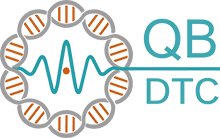
Quantum Effects in Biological Systems Workshop, 2023
University of Surrey, UK, 26 - 30 June 2023
We invite researchers and industry experts, such as quantum physicists, biologists, biophysicists, biochemists, and physical chemists, to communicate their latest, most exciting research findings in quantum biology.
Abstract submission deadline: Now closed (22nd of May)
Registration deadline: Now closed (6th of June)
Overview
Quantum biology is an emerging interdisciplinary field that explores the intersection between quantum mechanics and biology that could lead to a new synthesis of quantum science and technology with the complexity of biological systems. It studies how the exotic principles of quantum mechanics, such as superposition, tunnelling and entanglement, influence biological processes. The field includes the role of quantum effects in photosynthesis, bird navigation, enzyme catalysis and many other important areas, such as inflammation and neuroscience. The goals are to gain a deeper understanding of the underlying mechanisms and principles that govern life and to develop novel applications of quantum technologies in medicine, biotechnology and other biological disciplines.
Contact us
For any information or further inquiries, please email QuEBS2023@surrey.ac.uk.
Programme
We have a diverse range of invited talks given by experts in the field on topics including quantum tunnelling in enzymes, exciton and charge transfer dynamics in photosynthetic complexes, and the magnetic sense of animals.
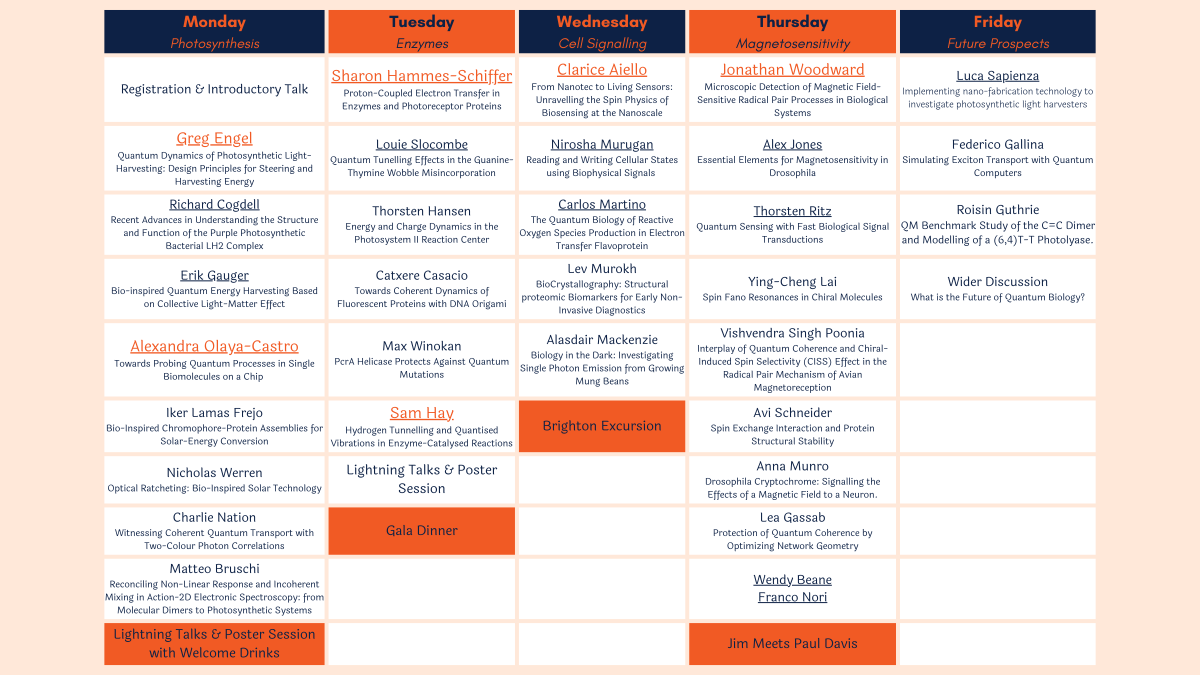
Keynote speakers
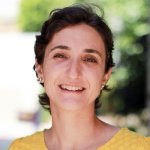
Keynote speaker
Clarice Aiello
University of California, Los Angeles, Samueli School of Engineering
About
Clarice D. Aiello is a quantum engineer interested in how quantum physics informs biology at the nanoscale. She is an expert on nanosensors harnessing room-temperature quantum effects in noisy environments. Experiments suggest that nontrivial quantum mechanical effects involving spin might underlie biosensing phenomena as varied as magnetic field detection for animal navigation, metabolic regulation in cells and optimal electron transport in chiral biomolecules. Can spin physics be established – or refuted! – to account for physiologically relevant biosensing, and be manipulated to technological and therapeutic advantage? This is the broad, exciting question that the Quantum Biology Tech (QuBiT) Lab wishes to address.

Keynote speaker
Judith Klinman
University of California, Berkeley, College of Chemistry
About
Research in Professor Klinman's laboratory is concerned with the nature of enzyme catalysis. Despite tremendous progress over the last decades, much remains to be learned and we are far from being able to design proteins from first principles. At the current time there is a paucity of information concerning reaction barrier shapes at enzyme active sites, as well as the contribution of protein dynamics to bond cleavage processes. An extremely valuable approach to these questions involves the detection and quantitation of hydrogen tunneling in enzymatic reactions. The Klinman group has amassed evidence that room temperature nuclear tunneling occurs among a long list of enzymatic reactions. A quantitative treatment of the data is providing insight into the role of protein/heavy atom motions in promoting C-H activation via a tunneling process. Additionally, the use of site specific mutagenesis and H/D exchange, together with homologous proteins from different temperature niches, is making it possible to address how discrete substrate-protein binding interactions and protein dynamics influence the efficiency of the tunneling process.

Keynote speaker
Sharon Hammes-Schiffer
Yale University, Department of Chemistry
About
Research in the Hammes-Schiffer group centers on the development and application of theoretical and computational methods for describing the fundamental physical principles underlying charge transfer reactions, dynamics, and quantum mechanical effects in chemical, biological, and interfacial processes. Her group has developed theories for proton-coupled electron transfer (PCET) and applied these theories to a wide range of experimentally relevant systems. Her group has also developed the nuclear-electronic orbital (NEO) method for including nuclear quantum effects in quantum chemistry calculations and for nuclear-electronic quantum dynamics simulations.

Keynote speaker
Alexandra Olaya-Castro
University College London, Department of Physics & Astronomy
About
The Olaya-Castro research group aims to elucidate fundamental quantum principles underlying energy dynamics and conversion at the biomolecular level. Furthermore to develop theoretical approaches that bring together in a complementary fashion concepts from modern quantum science, physical chemistry and biophysics. Our current focus is on the theoretical prediction of signatures and consequences of non-trivial quantum behaviour in the electronic and vibrational dynamics of photo-activated biomolecules.

Keynote speaker
Greg Engel
The University of Chicago, Department of Chemistry
About
The Engel Group strives to exploit femtosecond dynamics to steer and to control excited state reactivity. We use a combination of ultrafast spectroscopy, theory, synthesis, and biophysics to approach this problem. Our goal is to isolate and identify new design principles to control quantum dynamics.
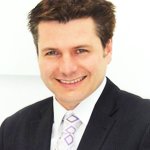
Keynote speaker
Jonathan Woodward
University of Tokyo, Graduate School of Arts and Sciences
Biography
Prof. Woodward’s research centers on the unique properties of ‘Spin Correlated Radical Pairs (SCRPs).’ These remarkable entities are intermediates in a range of chemical and biological reactions and due to their very special quantum mechanical properties, show reactivity that can be influenced by even very weak magnetic fields. This makes them one of the only known candidates capable of acting as a chemical or biological sensor of magnetic fields. Indeed in recent years, SCRPs generated in proteins known as cryptochromes have been identified as the most likely source of animal magnetosensitivity in a wide range of different species.
Invited speakers

Richard Cogdell
University of Glasgow, School of Molecular Biosciences

Erik Gauger
Heriot-Watt University, School of Engineering & Physical Sciences, Institute of Photonics and Quantum Sciences
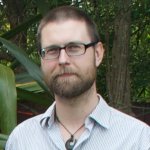
Sam Hay
University of Manchester, Institute of Biotechnology and School of Chemistry
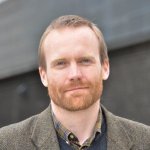
Alex Jones
National Physical Laboratory
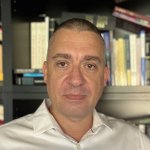
Iannis Kominis
University of Crete, Department of Physics
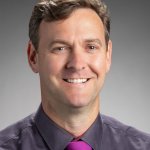
Carlos Martino
Johns Hopkins University, Applied Physics Lab
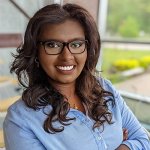
Nirosha Murugan
Wilfrid Laurier University, Department of Health Sciences

Thorsten Ritz
University of California, Irvine, Department of Physics and Astronomy

Dr Louie Slocombe
University of Surrey, Leverhulme Quantum Biology Doctoral Training Centre
Conference organising committee
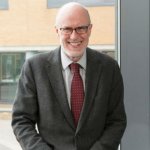
Professor Johnjoe McFadden
Professor of Molecular Genetics, Associate Dean (International)
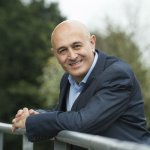
Professor Jim Al-Khalili
Distinguished Professor Emeritus in Physics
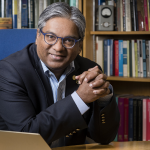
Professor Ravi Silva
Distinguished Professor, Interim Director - Institute for Sustainability (IfS), Director - Advanced Technology Institute (ATI) and Head of NanoElectronics Centre
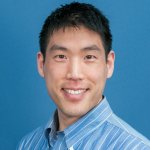
Dr Youngchan Kim
Lecturer in Quantum Biology, Director of the Quantum Biology Doctoral Training Centre (QB-DTC)

Dr Louie Slocombe
Research Fellow in Theoretical Quantum Biology
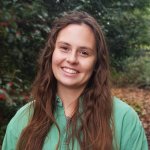
Aimee Sweeney
Postgraduate Research Student

George Ferguson
Postgraduate Research Student

Virginia Tsiouri
Postgraduate research student

Emily Brown
Administrator

Aimee Roussos
Events Lead

Leverhulme Quantum Biology Doctoral Training Centre
The University of Surrey’s Leverhulme Quantum Biology Doctoral Training Centre (QB-DTC) is the world’s first centre dedicated to training interdisciplinary scientists in the field of quantum biology.





